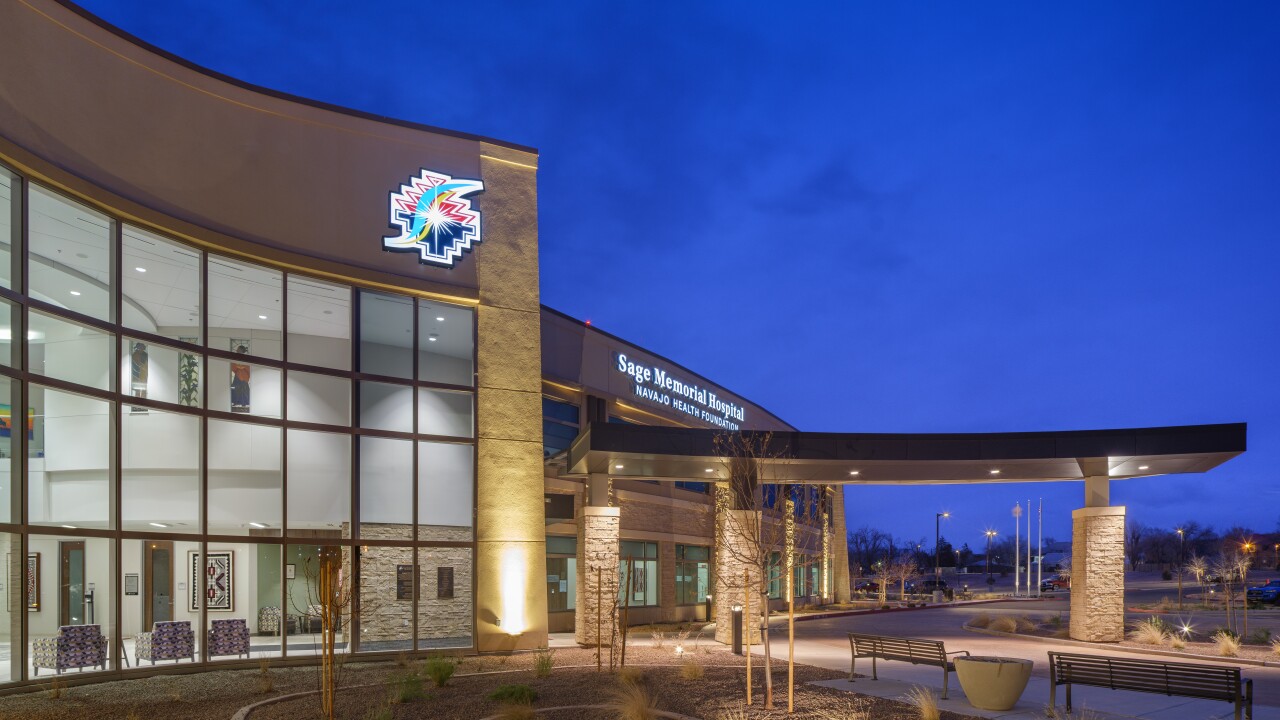
Legacy Health, an eight-hospital Portland, Oregon-based healthcare system was downgraded to A2 from A1 by Moody's Ratings, which cited persistently weak operating performance.
Legacy has roughly $700 million of direct debt outstanding.
Moody's also maintained a negative outlook on the healthcare system, one of three major healthcare providers in the Portland area.
"While we are disappointed in Moody's decision to change Legacy Health's rating — we are not surprised," said Vicki Guinn, a Legacy spokeswoman. "The external environment
"Many of the contributing factors identified for the downgrade are out of our control (state laws, uncertainty around coming changes, labor increases, etc.), but we remain focused on increasing operational efficiency and being financially responsible," Guinn said.
The rating action, which concludes a review for downgrade initiated May 8, "reflects persistently weak operating performance that, while improving, will remain well below industry averages at least through fiscal 2027, which may lead to lower liquidity and ongoing weak operating leverage," Moody's said.
The downgrade comes after Legacy and Oregon Health and Science University announced on May 5 they reached a mutual decision to terminate a proposed merger, a year after they signed a letter of intent. Legacy has stated it is committed to an independent path forward for the foreseeable future, Moody's analysts said.
The healthcare system was described by Moody's as having strong market positioning consisting of: good organizational size and footprint; a strong network of clinics and relationships; and very strong clinical offerings.
The negative outlook "reflects the risk that ongoing operational headwinds may prevent the organization from achieving material improvement over the next 18 months," Moody's analysts wrote.
Legacy offers a variety of high acuity services including Level 1 Trauma, Oregon's only burn center, and a full service children's hospital with a level III NICU, Moody's said. Its organizational relationships include: Unity Center for Behavioral Health, a mental health hospital, formed in partnership with OHSU, Adventist Health, and Kaiser Permanente; and a 50% ownership stake in Pacific Source Health Plan — a regional health plan with operations in Oregon, Washington, Idaho, and Montana.
Legacy Health is not the only hospital
Roughly half of Oregon's 60 hospitals l
"More than two-thirds of hospitals aren't making enough money to do things that patients expect, like updating facilities and replacing outdated equipment," according to the report. "Expenses have soared while payments from both private insurers and government programs have not kept pace."
If Legacy materially improves cash flow while maintaining solid debt measures, it could earn an upgrade, Moody's said. Conversely, if it is unable to reach at least 3% to 4% operating cash-flow margins by fiscal 2027 or if it's days cash-on-hand falls below 150 days, it could see a further downgrade, Moody's said.
Legacy "continues to make operational improvements as well as difficult decisions including ongoing evaluation of our services, programs and staffing," including eliminating 70 positions, 40 through layoffs and 30 by cutting open positions, Guinn said.
"Legacy carries a disproportionate share of uncompensated care and Medicaid," Guinn said. "The reality is that until reimbursement structures better reflect the true cost of care, no amount of internal effort alone will be enough to sustain long-term financial stability."





